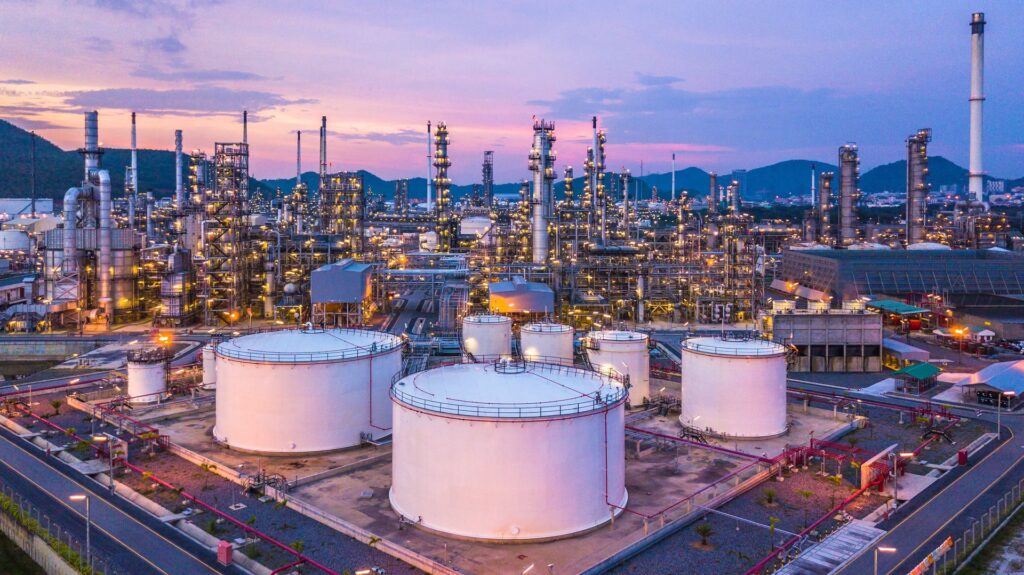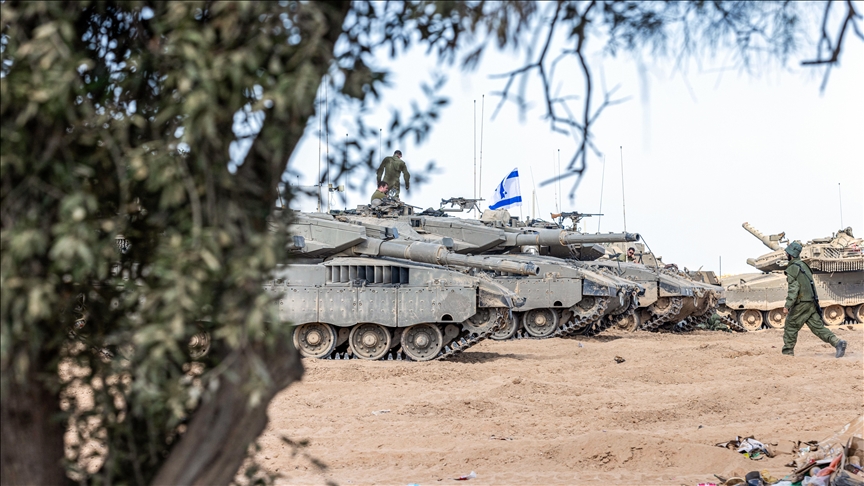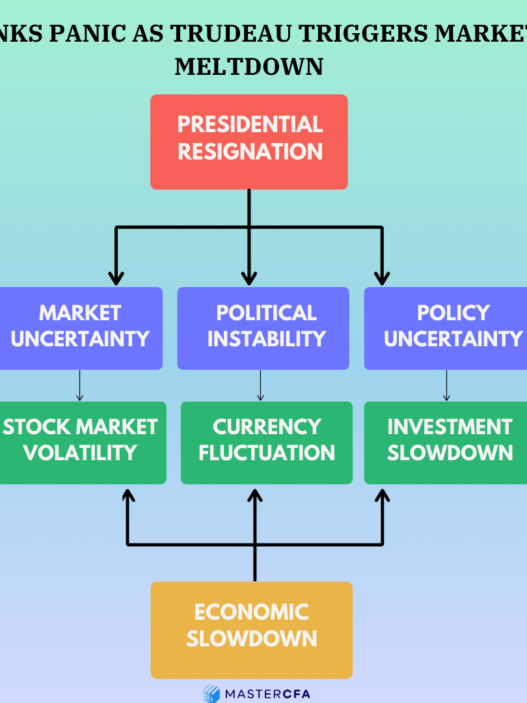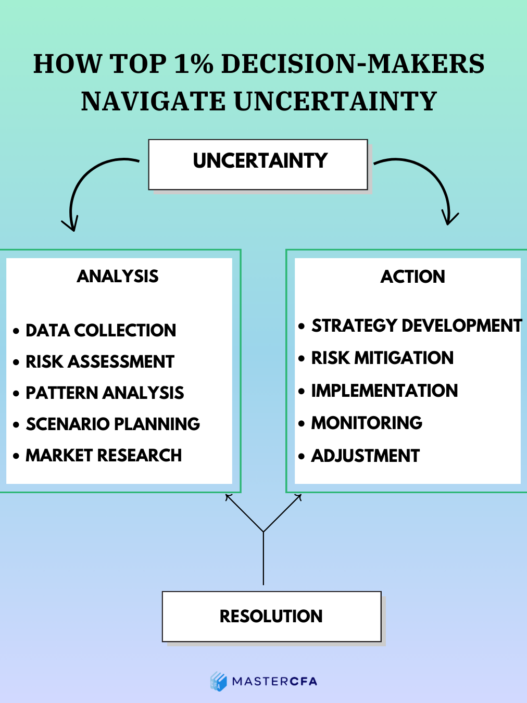On Thursday, Brent crude & U.S. oil rose by $1.1 a barrel. Israel attacked Beirut after fighting with Hezbollah, making many scared of a bigger war.
Oil prices climbed because of fears of more fighting in the Middle East. When there’s conflict, it can stop oil from being produced or shipped. This makes oil scarcer and more expensive.
How Does This Shake Up the Economy?
Supply and Demand: Oil is like a big part of the economy’s engine. When there’s less oil because of conflict, the supply drops. If more people want oil but there’s less available, prices go up. This is basic supply and demand – when supply decreases and demand stays the same or increases, prices rise.
Costs for Families and Businesses: Higher oil prices mean gas and heating cost more. Families have to spend more money on these things, which means they have less for other necessities like food or clothes. For businesses, oil is a big cost. When it costs more to run, companies might raise prices for their products or cut jobs to save money.
Damage to Infrastructure: Wars can break oil facilities like refineries and pipelines. When these are damaged, it’s harder to produce and transport oil. Less oil means higher prices because there’s not enough to go around.
Sanctions: Sometimes, countries put rules called sanctions on oil-producing nations during conflicts. Sanctions make it harder for those countries to sell their oil. This reduces the supply of oil in the world, pushing prices up even more.
Balance of Trade: Countries that import oil will see a deterioration in their balance of trade, as they spend more on oil imports. This can lead to a weaker currency.

What’s Next for Oil Prices?
OPEC’s Role: OPEC is a group of countries that produce a lot of the world’s oil. They can decide to produce more oil to keep prices from rising too much. If there’s a conflict, OPEC might increase production to make sure there’s enough oil available.
Shifting to Alternatives: When oil prices are high or there’s uncertainty, countries might start using more alternative energy sources like wind or solar power. This lessens their dependence on oil from conflict areas, which can help keep oil prices stable in the long run.
Interest Rates and Inflation: Central banks might raise interest rates to fight rising prices (inflation). Higher interest rates can slow down the economy because borrowing money becomes more expensive. When the economy slows, people and businesses might use less oil, which can help keep oil prices from going too high.
Why You Should Pay Attention
Personal Finance: When oil prices go up, things like gas and heating get more expensive. This means you spend more money on these items and have less for other things. Understanding oil prices helps you manage your budget better.
Investing: Oil prices affect many parts of the economy. If prices go up, companies that produce oil might make more money, but companies that use a lot of oil might spend more and earn less. Knowing how oil prices work helps you make smarter investment choices.
Economic Theories in Action: Seeing how real events like wars affect oil prices shows how economic ideas work in real life. It connects what you learn in books to what happens in the world, making your studies more interesting and relevant.
With the recent fighting in Beirut involving Hezbollah, there’s growing concern about how this conflict might impact global oil prices. Given that disruptions in oil production and transportation can cause prices to rise, how do you think this could affect the cost of everyday essentials like gas, heating, and goods for families? Also, how might businesses that rely on oil respond to higher costs—could we see increased prices for products or even job cuts? What are your thoughts on how these economic ripple effects might play out in the coming months? Stay Tuned for more content like this.















